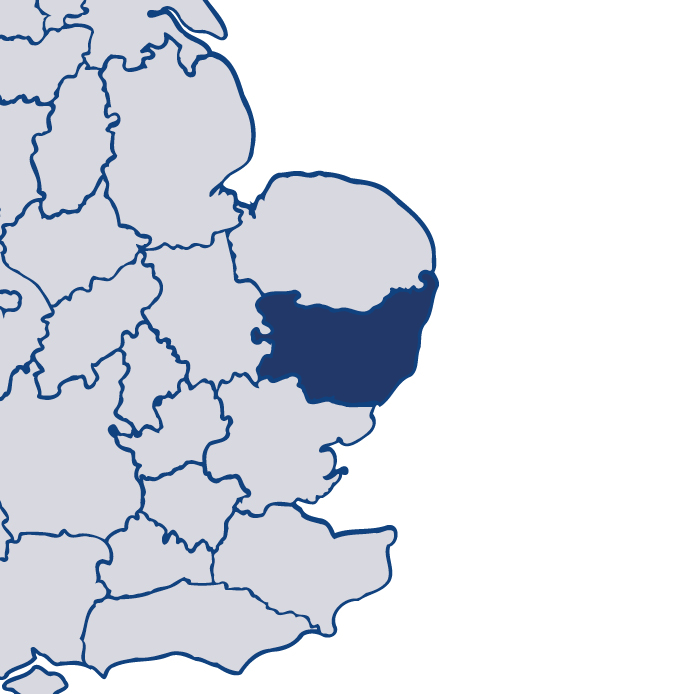Suffolk Constabulary 2018/19
Read more about Suffolk ConstabularyThis is HMICFRS’s fifth PEEL (police effectiveness, efficiency and legitimacy) assessment of Suffolk Constabulary. PEEL is designed to give you information about how your local police force is performing in several important areas, in a way that is comparable both across England and Wales, and year on year.
Suffolk Constabulary was inspected in tranche two and we found:
the extent to which the force is effective at reducing crime and keeping people safe is good.
the extent to which the force operates efficiently and sustainably is good.
the extent to which the force treats the public and its workforce legitimately is good.
Download the full report
PEEL: Police effectiveness, efficiency and legitimacy 2018/19 – Suffolk Constabulary

Zoë Billingham, Her Majesty’s Inspector of Constabulary
HMI's observations
I am satisfied with most aspects of the performance of Suffolk Constabulary, but the force needs to improve some aspects of how it plans for the future.
The force prevents crime and tackles anti-social behaviour well. It works closely with partners to ensure that it safeguards victims. But it needs to improve the way it investigates crime through better training and more effective supervision.
The force operates efficiently, but needs a clear and detailed future plan to make its intended significant long-term improvements to its service. It will need to improve its understanding of the demands upon it and the capabilities of its workforce to achieve this.
The force continues to uphold an ethical culture and promote standards of professional behaviour well. However, I am concerned that it does not consistently comply with legislation when dealing with detainees in custody. It also needs to strengthen governance of its use of force in these facilities.
My overall assessment is that the force’s performance has declined since last year.
Effectiveness
How effectively does the force reduce crime and keep people safe?
Efficiency
How efficiently does the force operate and how sustainable are its services to the public?
Legitimacy
How legitimately does the force treat the public and its workforce?
Other inspections
How well has the force performed in our other inspections?
In addition to the three core PEEL pillars, HMICFRS carries out inspections of a wide range of policing activity throughout the year. Some of these are conducted alongside the PEEL inspections; others are joint inspections.
Findings from these inspections are published separately to the main PEEL reports, but are taken into account when producing the rounded assessment of each force's performance.





